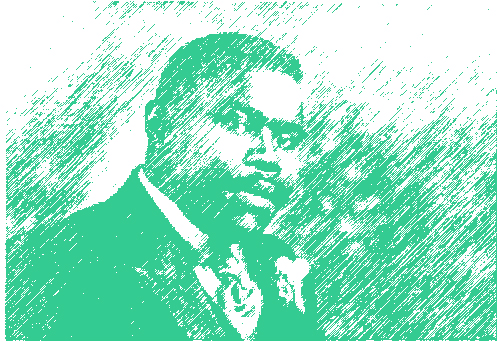By David Rowe
Op-Ed Contributor
Do the banks, business houses, stock brokerage firms, law firms and hotels in Jamaica treat whites and blacks in the same way? Is race still a very important issue in modern Jamaica?
Jamaica’s most distinguished Pan-Africanist was Marcus Garvey, now a national hero. Garvey’s Universal Negro Improvement Association imbued in the minds of black Jamaican people a direct consciousness of their African heritage.
Marcus Garvey has been hailed as a prophet by Rastafarians, who embraced the Garveyite concept that black people in Jamaica are exiles in a Babylon ruled by a sinful white minority.
His thesis of Negro equality and Negro empowerment was watched closely by the British security services in England, which thought that he may “disturb the Negro labour “ in the island of Jamaica.
Sir Richard Fiennes Cecil Arthur Barrett-Lennard, the white Chief Justice of Jamaica in 1929, who called Garvey an “undesirable person,” eventually imprisoned Garvey for contempt of court.
Race remains a major issue in Jamaica — and the “colour gradation” problem in Jamaica has its roots based in salvery.
In Jamaica, there is a proverb: if you’re white, sit tight, if you’re brown, stick around, if you’re black, step back — one that is well-known.
Garveyism is the rudder which points Jamaica along the path of peaceful constitutional development.
Garvey’s teachings are now being distributed through the schools to children. Garvey would have appreciated this. Ironically, it was former Prime Minister Edward Seaga, a product of a Lebanese minority in Jamaica, who brought Garvey’s body home.
All Jamaicans can now read, interpret and comment on Garvey’s work without fear of persecution or prosecution.
Garvey, in my view, is Jamaica’s most important national hero.
David P Rowe is an attorney in Jamaica and Florida and a law professor at the University of Miami School of Law in Coral Gables, Fla.
Note: the opinions expressed in Caribbean Journal Op-Eds are those of the author and do not necessarily reflect the views of the Caribbean Journal.

